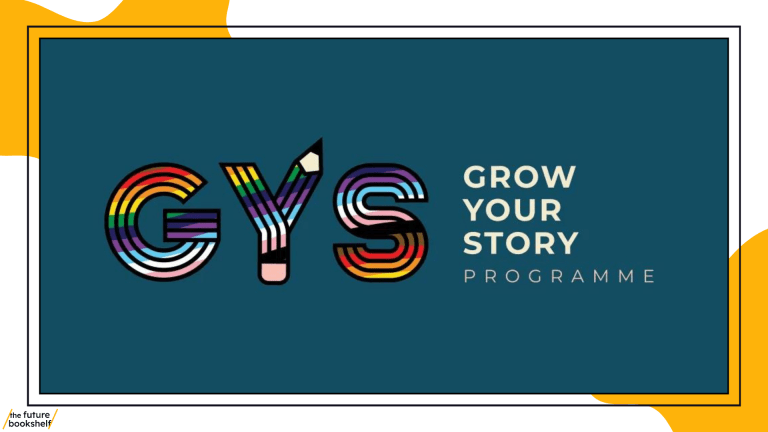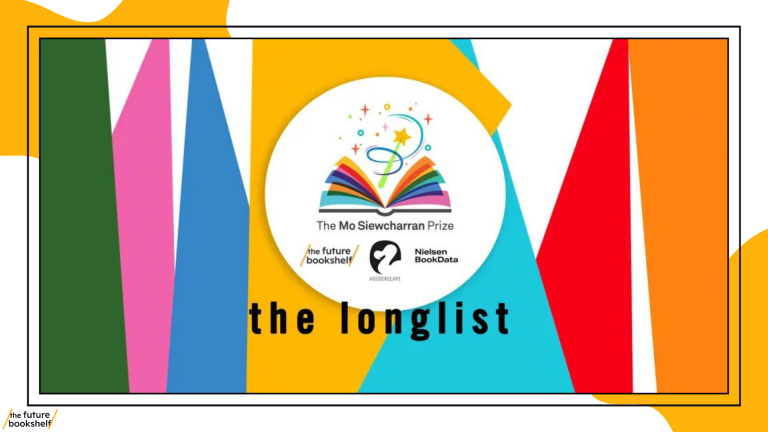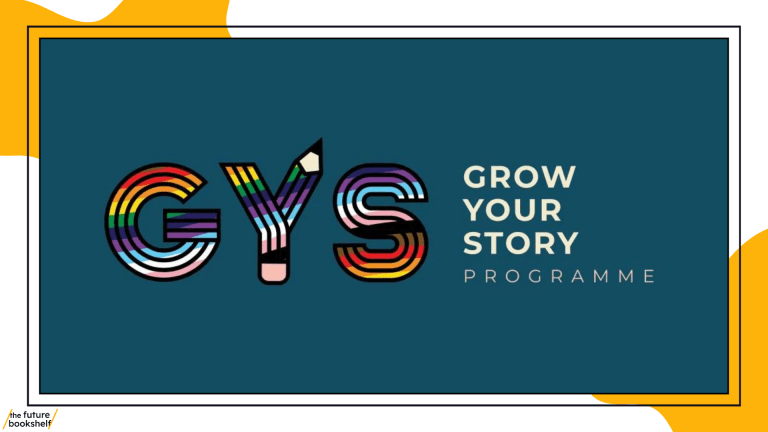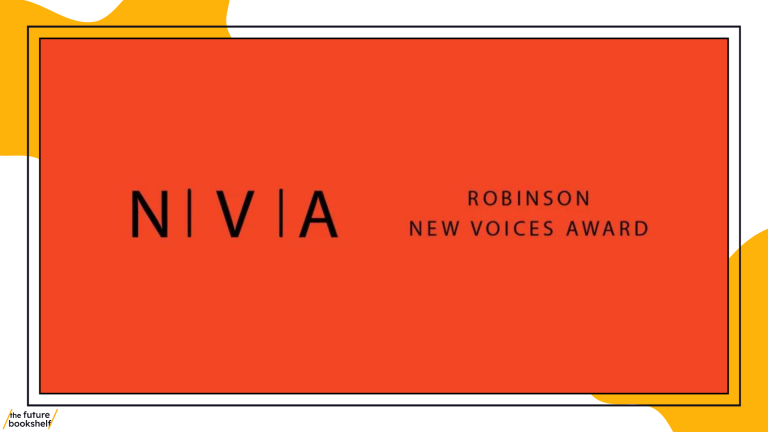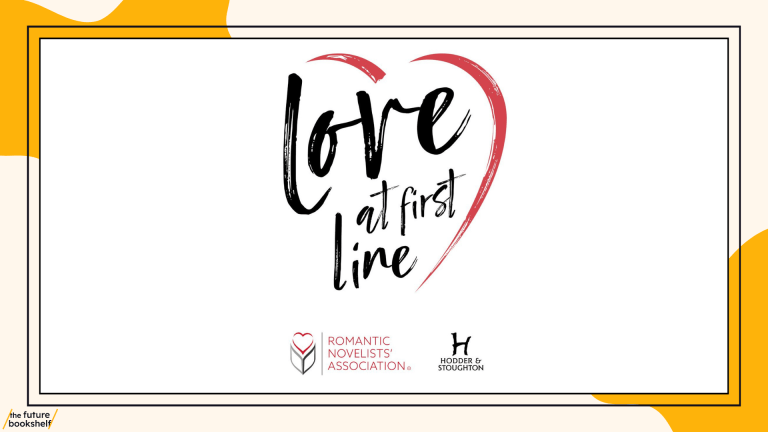‘I often find the best voices choose stories only they could tell.’
I often find the best voices choose stories only they could tell.
What makes a confident voice?
I often say that, of the debut novels sent to me, I am drawn to those with a ‘confident voice’. What do I really mean by that term and how can you apply it to your work?
Let’s look at an author’s ‘voice’ through one of the simplest forms of narrative: someone telling you a funny story. If someone is really good at telling jokes, you feel at ease: you can relax knowing that the storyteller, or stand-up comedian, is in control. You have the sense that they are feeding you the right details at the right time. You feel they are building up to some kind of punch line that, when it comes, will make you burst out laughing.
In short, you feel they have a ‘confident voice’.
Let’s look at the opposite of a confident voice. Have you ever had someone begin telling you an anecdote that seems long-winded and makes you think ‘where on earth are they going with this . . .?’. You start sensing details of the story are unnecessary, inaccurate and, quite frankly, boring. Instead of being able to relax and enjoy the story, your brain is constantly at work, questioning whether the storyteller really knows what they are talking about and worrying how long they will go on for. You might interrupt with questions that try to fill in gaps or add correct details, for example: ‘Who’s John? You haven’t mentioned him before. . . ’, ‘Don’t you mean Paddington Station? It couldn’t be Waterloo.’ etc. By the time the storyteller reaches the punch line, the joke has fizzled out like a faulty firework.
A confident storyteller has all the necessary information to hand, but chooses to tell their reader (or listener) the right details at the right time. There is a point to everything they are saying. If there are passages of description, they will be carefully chosen and structured to enhance the story in some way.
If the reader has an innate sense you know what you are doing and that you are writing to try and entertain them in some way (however intellectual) they can relax and be carried along by the story.
Go back to some of the best novels you have read and think about why you like the author’s style. What might you be able to learn from it? What made you want to read on and what reassured you that reading on was going to be worth it?
Something else that is important to think about on the subject of voice, is the point of view you want to write from: the ‘first person’ (‘I went to the shops that morning…’); ‘second person’ (‘You went to the shops that morning . . .’) or ‘third person’ (‘Sarah went to the shops that morning . . . ’).
Authors often write their novel in the narrative voice of their main character, i.e. the first person (‘I remember the day I killed a man…’) or the third person (‘This is the story of Elaine and how she came to kill a man…’). Consider how much personality you want to convey in your chosen perspective and, for the third person, how closely you want to make your narrative voice reflect your character’s thoughts and feelings, or your own as a narrator.
The second person is not often used in novels, although it is often used by comedians (‘You know when you go to the airport and you have to go through security…?’) and in giving advice or instructions. (I have used second person a lot for this piece, for example in paragraph four.) Some fiction writers are able to use the second person very effectively – Junot Diaz for instance – but it can be tricky to get right.
When choosing which style to use, think about what would fit best for the story you want to tell. I often find the best voices choose stories only they could tell. When writing a first novel especially, play to your strengths: think about what makes your novel unique to you, while learning as much as you can from your favourite writers.

